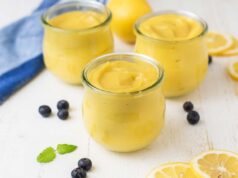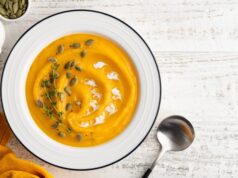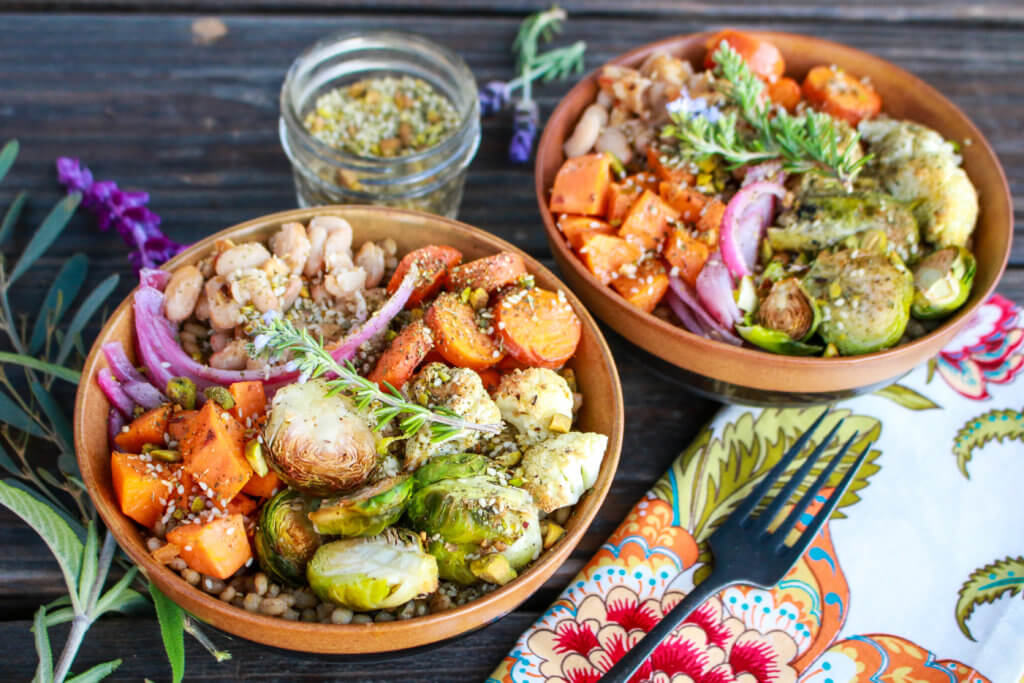
Going vegan or cutting down on animal products in your diet can be an exciting adventure to health, wellness, and living a sustainable lifestyle. With many alternatives to animal products readily available, it can seem like eating a vegan diet is easier than ever. But there are still some common foods that may look vegan but, in fact, aren’t.
Let’s take a look at some of the processed foods that you might think are vegan but actually aren’t.
Baked Goods

Many people assume that baked goods such as bread, pastries, cookies, and cakes are always vegan, but this is not true. It’s important to check the ingredients list carefully. Many baked goods contain animal-derived ingredients such as egg whites, casein (milk protein), whey (a milk derivative), gelatin, and honey. Additionally, some bakers may choose to use animal-based fats for flavor or texture, such as lard or butter.
Common processed baked goods that may contain animal products include pastries, croissants, and doughnuts; however, some vegan versions of these items can also be found in bakeries or grocery stores with clear labeling. Some substitutes such as coconut oil or non-dairy margarine can be used instead of animal fats to create an array of delicious cruelty-free treats!
Soup
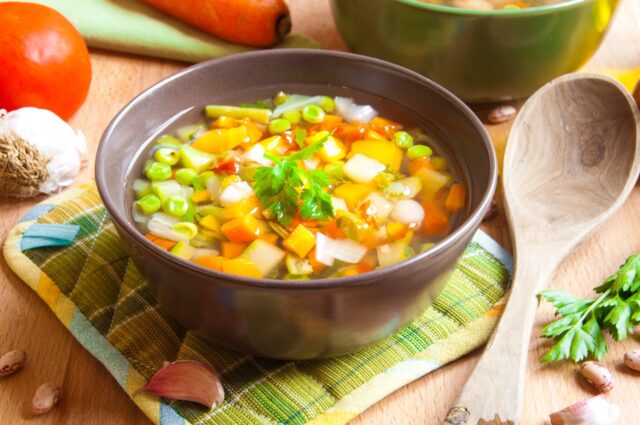
Vegetable soups are usually fair game for vegans but watch out for added cream, butter, lard, gelatin, honey, or egg whites. For example, some roasted red pepper soups include heavy cream as an additional ingredient while others may have butter added as a flavor enhancer. Even ingredients like potatoes and carrots can sometimes be cooked in animal fats so it is always important to do your research before making your choice!
If you’re buying soup from a store or restaurant that makes their own recipes from scratch, inquire about which ingredients are used and go with the option that is free of any animal products or by-products. When in doubt – simply ask! You will be able to find out if food items are prepared with or without any hidden animal products that could make them unsuitable for a plant-based diet.
Cereal
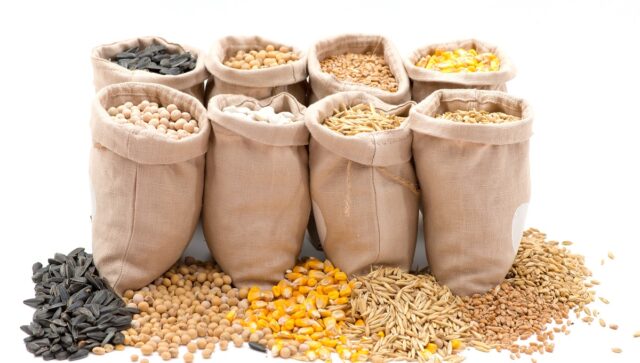
Cereals can be surprisingly unhealthy, and many processed bowls of cereal are high in added sugars and contain few healthy ingredients. But there are some options such as oats, quinoa, and amaranth that deliver much-needed nutrition to our diets. However, some commercially available cereal brands include animal products in their ingredients list.
Beware of cereals containing honey or bee pollen as these are not considered vegan-friendly foods. Certain vegan-identified cereal brands may still contain glycerin from animal fat (usually pork), whey from dairy, or casein from milk. Animal products can turn up in the form of polished rice syrup which is often derived from fish scales. It’s important to double-check the labels on cereal boxes before buying them if you’re trying to maintain a vegan diet.
Cheese
Cheese is widely popular and appears in a variety of cuisines. Unfortunately, it’s not vegan-friendly (unless stated otherwise). Most cheeses contain animal-based rennet, whey, lactose, or casein; all of which are derived from animals.
Types of Cheese Suitable for Vegetarians But Not Vegans:
Gouda: An off-white colored, semi-hard cheese made from pasteurized cow’s milk. It is usually made with animal-based rennet, so it is unsuitable for vegans.
Parmesan: A finely grated hard cheese traditionally made with cow’s milk and animal rennet. It can have a sharper flavor than other types of cheese due to the aging process which typically takes around 2 years to complete.
Types of Cheese Suitable for Vegans:
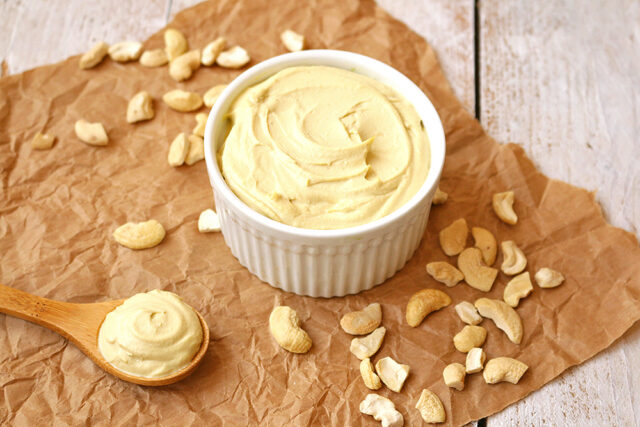
Cashew cheese: A creamy plant-based alternative to traditional dairy cheeses that uses cashews as its primary ingredient. This cheese has a smooth texture and nutty flavor with no animal products whatsoever making it an excellent option for those following a strict vegan lifestyle or seeking an alternative to dairy cheeses.
Tofu cream cheese: An ideal plant-based alternative to dairy cream cheeses that uses tofu as its main ingredient along with other seasonings such as garlic, basil, oregano, and salt according to taste preferences making it completely vegan-friendly with all the same creamy texture associated with regular cream cheese but without any animal derivatives whatsoever!
Salad Dressings
You may be surprised to learn that many salad dressings that appear to be vegan are not. While many are made from plant-based ingredients, some may contain honey or milk derivatives such as whey, casein, and lactose.
When in doubt about whether is tahini vegan, you should always read the label and check the ingredients list.
Ice Cream
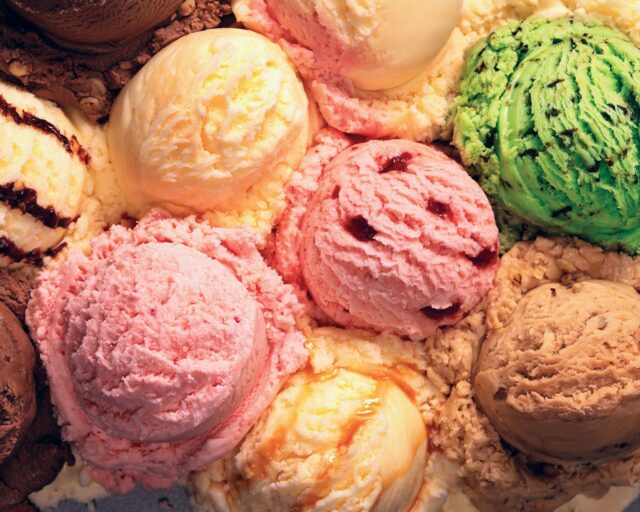
Ice cream is traditionally considered dairy, and some more obviously non-vegan ingredients may be found in certain ice cream flavors such as cookie dough (baked with egg), oreo (contains whey), salted caramel (uses lactose and casein derived from cow’s milk) and chocolate chip cookie dough (has both eggs and butter).
You can check the labeling of your ice cream items to make sure they do not contain any animal bi-products. Always remember that even if it does not contain dairy at all, it may still contain honey or other non-vegan ingredients.
Wine

Although it may come as a surprise, not all wine is vegan-friendly. Some wines are clarified using animal-derived ingredients and are usually referred to as “fining agents”.
Common fining agents that are not vegan include casein (a milk protein), albumin (egg whites), gelatin, and isinglass which comes from fish bladders. If there is ever any doubt, it’s best to contact the producer of the wine directly if you need clarification on how the wines were produced.
Wine labels will often not explicitly state whether or not they are vegan-friendly. For example, “unfined” or “unfiltered” wines are generally vegan-approved since no fining agents were used in the production process of this particular type of wine. Other terms that you may look for when selecting wines suitable for vegans include:
Organic
Biodynamic
Sulfite free
Vegan friendly
No animal ingredients are used in the production process
Conclusion

Remember to always read labels and check the ingredients list, as some foods that may appear to be vegan contain animal-derived ingredients without you realizing it. Coca-Cola and some alcoholic drinks, processed white sugar, marshmallows and honey should definitely be avoided when trying to stick to a plant-based diet.
It’s also important to remember that many brands offer alternatives to the products mentioned above, so making sure you familiarize yourself with what’s available can help you make more informed food choices.



